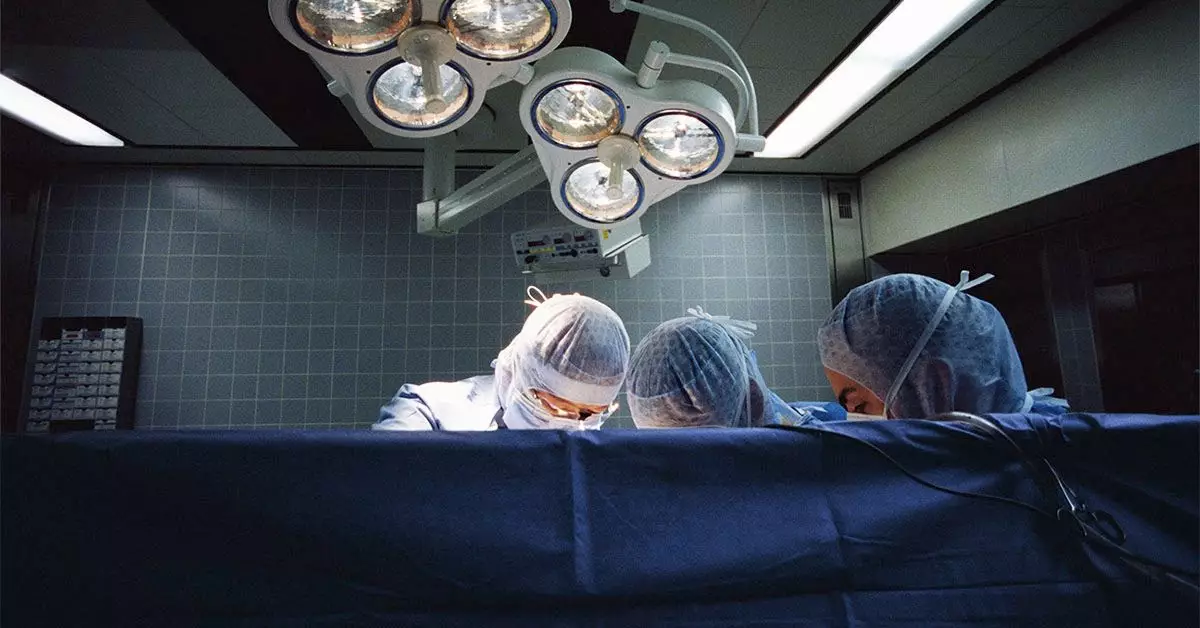A thyroid lobectomy is a surgical intervention aimed at excising a portion of the thyroid gland, which is crucial for regulating metabolism and various bodily functions. This operation is specifically beneficial in cases where patients are diagnosed with thyroid cancer or experience other problematic thyroid conditions such as goiters and hyperthyroidism. By targeting only specific areas of the gland, surgeons can effectively manage these health issues while often preserving the remainder of the thyroid’s functionality.
Indications for Thyroid Lobectomy
Thyroid lobectomy is recommended in a variety of scenarios. One of the primary reasons is the presence of thyroid cancer. In cases where tumors are localized or relatively small, removal of the affected lobe can prevent further spread of cancerous cells. Interestingly, while a significant number of thyroid nodules can raise concerns about cancer, studies indicate that only about 5% of these nodules are malignant.
Beyond cancerous growths, thyroid lobectomy is also a solution for benign nodules. Removing these can mitigate the risk of any future complications associated with them. Additionally, individuals suffering from goiters—enlargements of the thyroid that can cause discomfort and swallowing difficulties—might find relief through this surgery. In these cases, the procedure can significantly improve quality of life by alleviating symptoms.
Hyperthyroidism, characterized by excessive production of thyroid hormone, may also warrant a lobectomy, particularly when pharmaceutical treatments fail. Surgery in these cases might be the most effective avenue for alleviating the condition.
Procedure Overview
The surgical procedure itself typically involves an incision made at the lower neck, allowing the surgeon access to the thyroid gland. Once the targeted lobe is removed, the incision is closed with either stitches or staples. Patients undergoing this procedure are often relieved to know that they may return home the same day, owing to the minimally invasive nature of the operation.
Prior to undergoing surgery, patients are instructed on preparing adequately, which includes fasting after midnight the night before. This ensures that the surgical field remains clear and reduces the risk of complications. Necessary medications and dietary supplements may also be paused before the procedure to ensure safety.
Post-operative recovery is an essential phase following a thyroid lobectomy. Patients typically stay in the hospital for monitoring for up to six hours after surgery but can often be discharged the same day. Initial recovery may involve intravenous fluids and detailed instructions for post-operative care, including wound management and dietary recommendations.
Individuals recovering from a thyroid lobectomy may experience a gradual return of their energy levels, which can span several weeks. During this recuperation phase, physical activity should be limited for approximately two to four weeks. A period of two weeks off from work or school is generally advised to ensure a smooth recovery.
Follow-up appointments are crucial in this context. They provide an opportunity for healthcare providers to monitor the healing progress and advise on reintroducing physical activities based on the individual’s recovery trajectory.
Despite being a routine procedure, a thyroid lobectomy is still considered major surgery, and hence carries several potential risks. While serious complications are rare, they can occur. Patients are advised to be vigilant and report any symptoms such as persistent fever, breathing difficulties, or unusual sensations like tingling around the mouth and extremities.
It’s important to understand that the extent of thyroid removal can impact post-operative health. In some cases, the remaining thyroid may function adequately, negating the need for hormone replacement therapy. However, some individuals might require lifelong replacement therapy, especially when a significant portion of the thyroid is excised.
Life expectancy and overall outcomes post-thyroid lobectomy vary widely among individuals, influenced by multiple factors including age, general health, and the underlying reason for the surgery. Recent studies demonstrate that in older populations, thyroid surgery for benign conditions does not significantly affect life expectancy compared to the general populace.
A thyroid lobectomy serves as a critical intervention for addressing various thyroid-related health concerns. While the thought of undergoing surgery can be daunting, understanding the purpose, process, and potential outcomes can empower individuals to make informed decisions regarding their healthcare. If contemplating this procedure, consulting a medical professional is advisable for tailored guidance.

